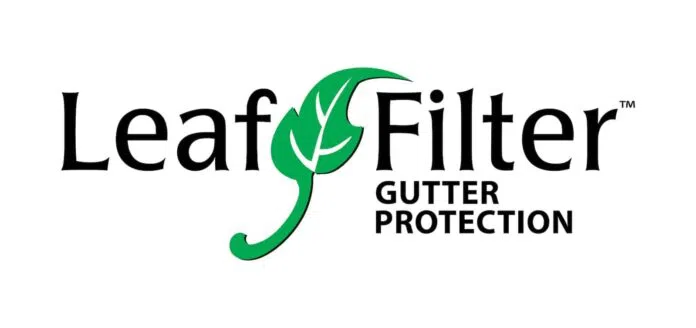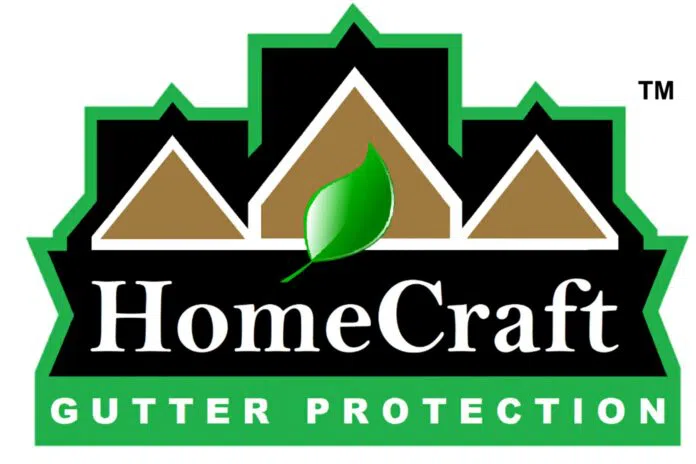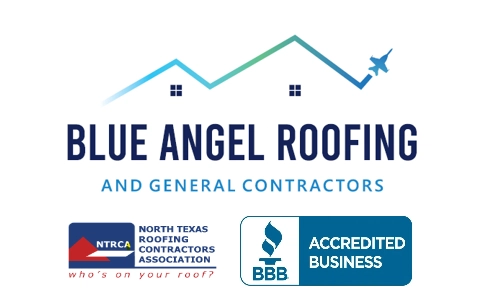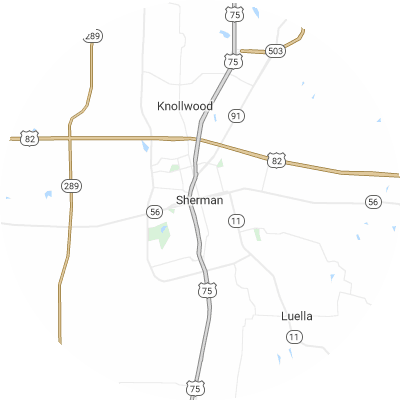Signs You May Need Gutter Guards
Gutter guards aren't required for all homes, but evidence of obstructed gutters is clear. Signals of ongoing gutter troubles are:
- Visibly saggy, damaged, or misaligned gutters that no longer correctly direct rainwater
- Frequent clogs that cause overflow and water to spill over gutters
- Soggy ground or visible erosion around your home's foundation
- Mold growth, peeling exterior paint, or interior water stains on walls near gutters.
- Leaky joints or seams where water leaks out of gutters
How To Choose a Gutter Guard Installer
Assess Their Experience
When picking an installation company, look for one with years of experience and knowledge about many brands and guard types. An experienced company will understand how to take measurements and fit gutter guards for your specific needs. Check a company's years of experience and request referrals from local customers.
Verify Proper Licensing and Insurance
Make sure that any businesses you're considering are properly certified, bonded, and insured, with both workers compensation and general liability coverage. This protects you from liability for potential injuries and accidents. Ask potential providers for current licensing and insurance papers.
Choose Reputable Brands
Look for companies that carry leading gutter guard brands like LeafFilter and Gutter Helmet. Avoid companies that only install generic no-name guards or their own off-brands, which may not have gone through the same level of rigorous testing.
Seek Custom Fit Services
Gutter guards should be measured and trimmed on-site to match your gutters. Choose a company that custom measures and trims guards for your home rather than using universal guards. Guards fitted for your home leave no gaps for debris accumulation.
Examine Warranties
High-quality gutter guard installers usually offer 20-year or lifetime warranties covering leaks, rust, clogs, and other issues. Before picking a company, thoroughly review the warranty terms for both materials and workmanship guarantees. Warranties are the best way to safeguard your investment into your gutters.
Check Reviews and Referrals
It's a good idea to research online reviews on the Better Business Bureau (BBB), Yelp, Google Reviews, and other review sites to see customer feedback. Ask neighbors which companies they recommend for quality local gutter guard installation. When researching, look for providers with plenty of satisfied customers rather than only one or two sporadic reviews.
Types of Gutter Guards
There are six most common gutter guard types. These include the following:
- Brush guards are made of large brush bristles that partially obstruct your gutters, blocking debris while allowing water to pass through. Brush guards cost roughly $4.02 per linear foot.
- Foam guards are light and easy to install. With this type of guard, debris lands on the foam instead of in your gutter. Foam guards cost around $2.44 per linear foot.
- Screen guards have large holes that allow water through while blocking debris. Screen guards cost around $3.82 per linear foot.
- Mesh guards stop debris but let water through. Mesh guards have even smaller holes than screen guards. They're durable and encourage debris to slide off rather than sitting on top of your gutters. Mesh guards cost around $3.69 per linear foot.
- Micro-mesh guards are normally the most effective. Micro-mesh guards have smaller holes than regular mesh guards and let even less debris through. Micro-mesh guards cost roughly $4.80 per linear foot.
- Surface tension guards, also called reverse curve guards, use surface tension to allow water to flow into your gutter system while debris slides off. Generally, they are visible from the ground. On average, you can expect to spend $2.83 per linear foot for surface tension guards.













